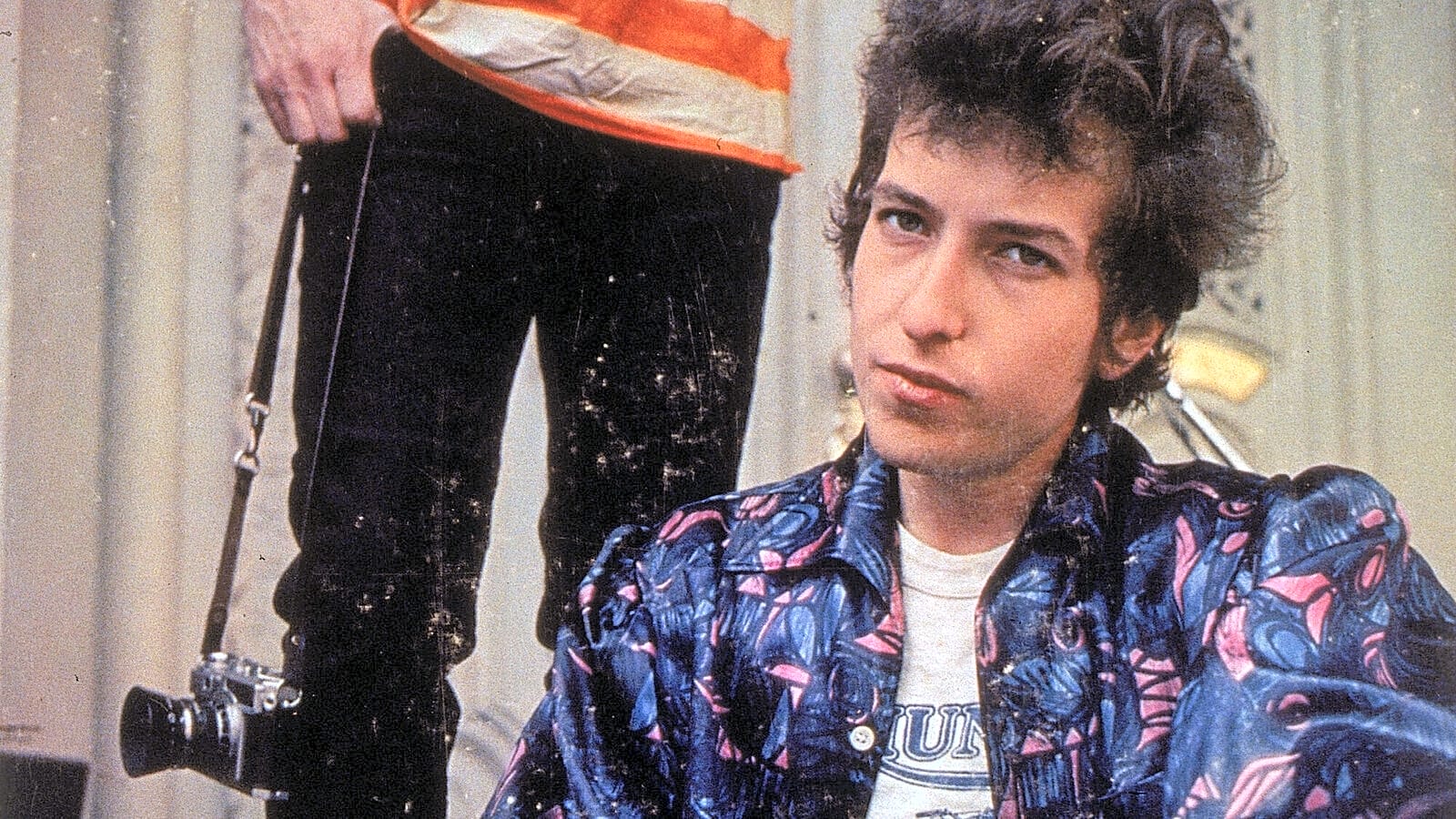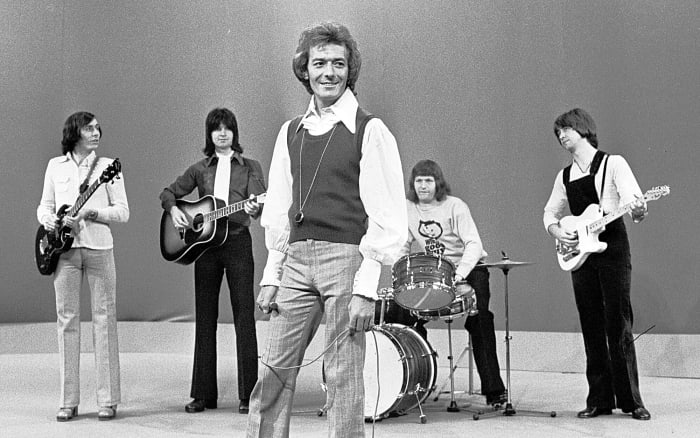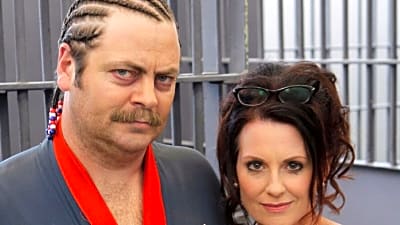x

Bob Dylan/Getty Images
20 songs in which famous artists switched up their sound
There are times when a well-known band, musical act or artist goes off in a different direction from its established sound. Often it's a one-time moment, but it can also usher in a new era for these performers. Here's our list of 20 such songs.
Listed in chronological order.
More must-reads:
- The 21 most iconic and hilarious roles of Steve Martin's legendary career
- Kelly Clarkson postpones the start of her Las Vegas residency hours before it kicked off
- Notable character actors you recognize by face, but not by name
Breaking News
Trending in Entertainment
Customize Your Newsletter
 +
+
Get the latest news and rumors, customized to your favorite sports and teams. Emailed daily. Always free!



























